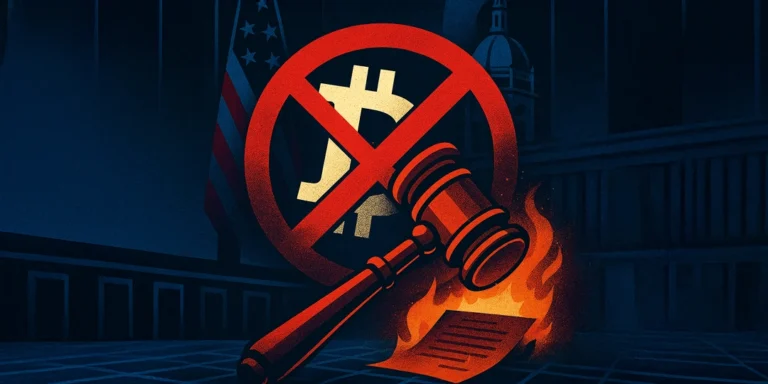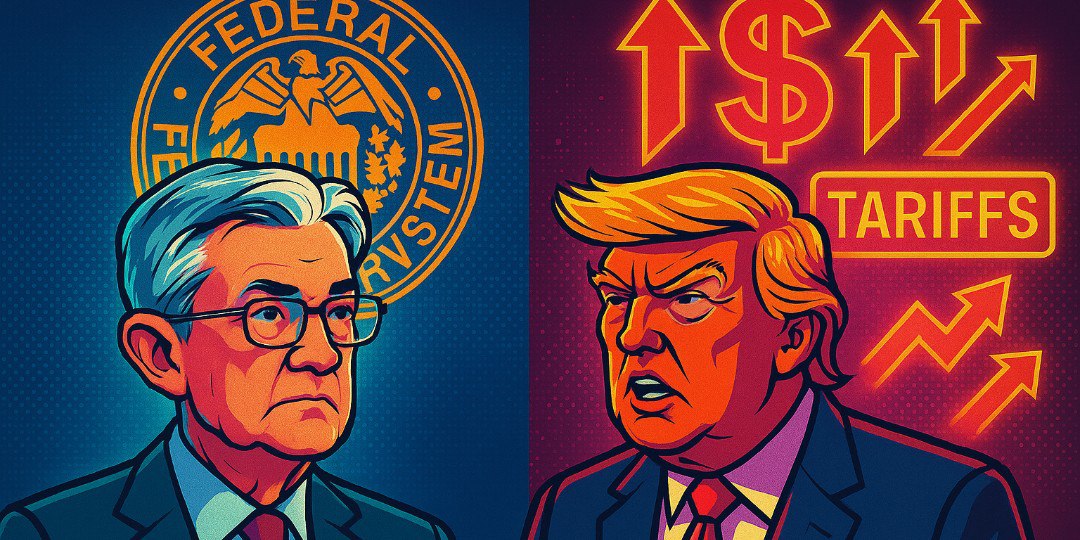In a drastic move, Connecticut, a US state in southern New England, has officially banned government entities from investing in digital assets, including creating a Bitcoin Reserve. Governor Ned Lamont signed a bill into law (House Bill 7082), titled “An Act Concerning Various Revisions to the Money Transmission Statutes, State Payments and Investments in Virtual Currency and Minors’ Money Sharing Application Accounts.”
Why did Connecticut ban the state from creating a Bitcoin Reserve and investing in other digital assets?
The primary reason for the ban is to protect public money (taxpayers) from investing in crypto assets that may cause volatility. The growing concerns over regulatory uncertainties and volatility related to digital currencies also add to the reasons why Connecticut put a lid on investing in digital assets.
This decision marks the increasing number of US states declining the idea of establishing a government-backed Bitcoin reserve in the US. That said, Wyoming, North Dakota, and Pennsylvania are some of the US states that rejected the notion. Meanwhile, South Korea, Japan, Russia, and Switzerland are also on the row.
Despite the US working on becoming more crypto-friendly, Connecticut’s new legislation bars financial innovation, according to industry experts.















